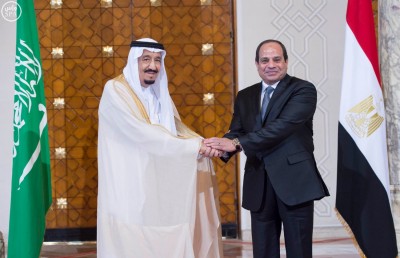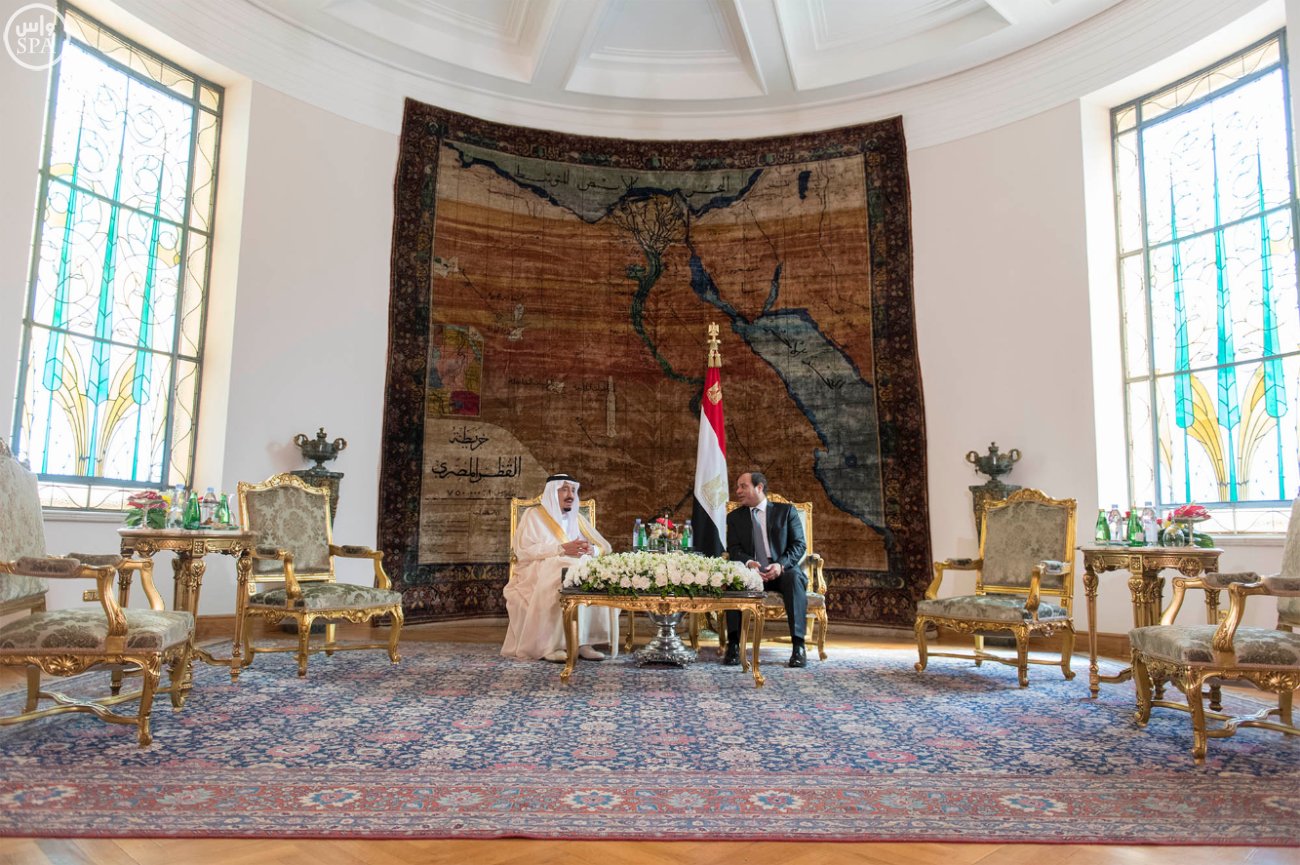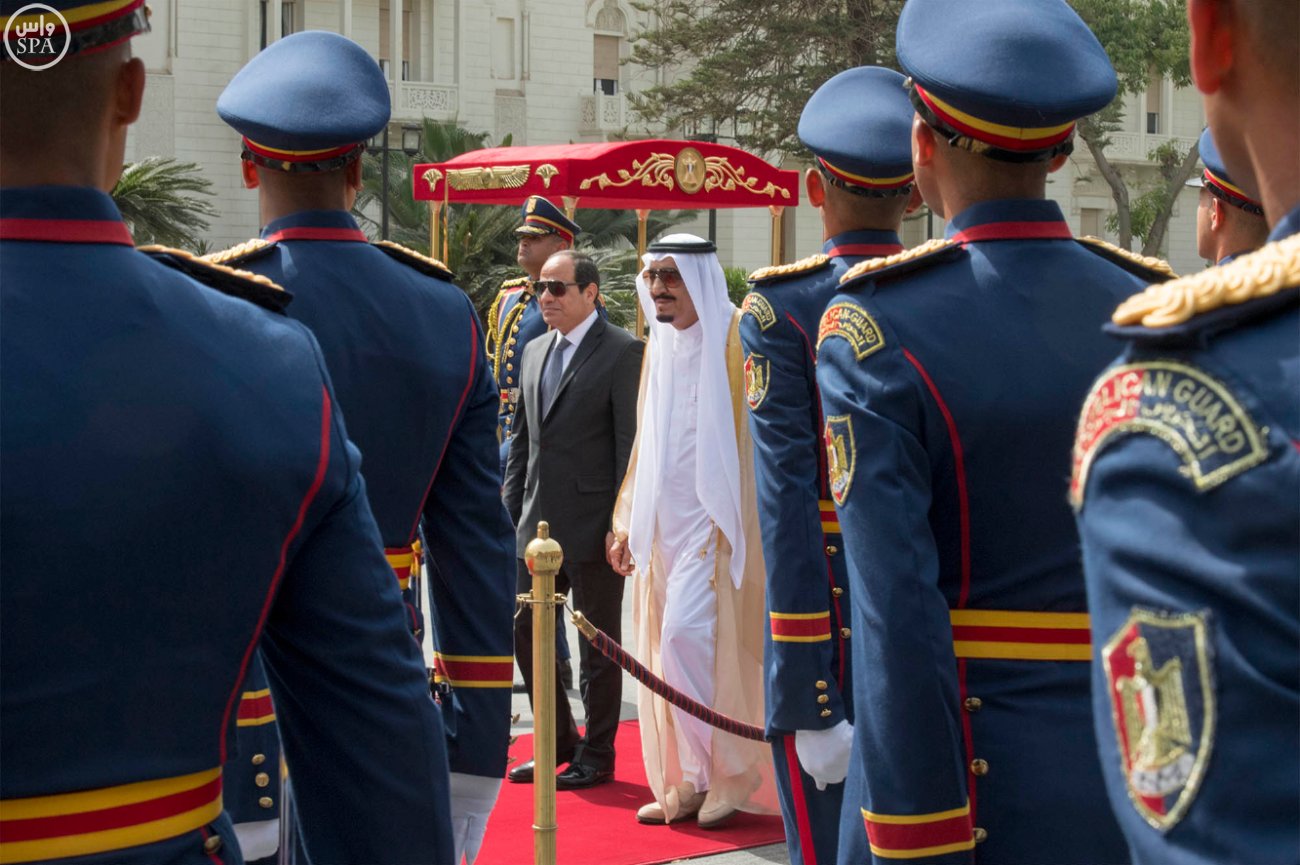State-owned oil company Saudi Aramco halted shipments of oil products to Egypt indefinitely, the latest indication that Egypt-Saudi relations are worsening since a visit by Saudi Arabia’s King Salman to the country in March.
Aramco informed the Egyptian General Petroleum Corp. in early October that it would halt supplies of refined oil products, forcing Egypt to resort to tenders to meet domestic demand, Bloomberg reports. Aramco had agreed earlier this year to provide Egypt with 700,000 tons of refined oil products a month for five years in an arrangement valued at about $23 billion.
Egyptian Oil Minister Tarek El-Molla confirmed the halt in shipments, according to Reuters, which cited another Egyptian oil official as saying that Aramco “did not give us a reason. They only informed the authority about halting shipments of petroleum products until further notice.”

Saudi-Egyptian relations have been challenged by regional issues this year.
Saudi Arabia has given significant sums in aid payments to keep Egypt afloat in recent years. After Mohamed Morsi was ousted in July 2013 and replaced by Abdel Fattah El-Sisi, Saudi leaders sent $5 billion to support Cairo. In March 2015, the Kingdom pledged an additional $4 billion and King Salman signed agreements worth $25 billion with Egypt on a whirlwind trip to several cities including a joint military exercise in the desert.
Egypt, in return, proposed a transfer of two islands to Saudi Arabia in the Red Sea. But that announcement was decried by the Egyptian public. In September, a Cairo court approved the redrawing of the maritime boundary between Egypt and Saudi Arabia to include the Tiran and Sanafir islands, overturning a June ruling. The decision could still yet be overturned.
Since that meeting in March, Saudi financial support for Egypt has not yielded Egyptian support for key Saudi foreign policy challenges, especially in Syria, and with Sisi’s relations with Russia, Iran, and some Iraqi leaders.
The simmering tensions came to a head last month, when Saudi Arabia’s Ambassador to the United Nations, Abdullah al-Muallami, accused Egypt as kowtowing to Russia on a UN resolution about Syria. Russia – with three others, including Egypt had vetoed a draft French UN Security Council resolution on Syria, which demanded an end to air strikes on Aleppo and military overflights.

Saudi Arabia given significant sums in aid payments to keep Egypt afloat in recent years.
Eric Trager, a fellow at the Washington Institute for Near East Policy, wrote in the Wall Street Journal in October that Saudi officials feel Mr. Sisi “has not honored his end of the deal….So far, Mr. Sisi’s bet that he can get away with this behavior without losing foreign assistance has been right. But Saudi Arabia’s withholding of the petroleum aid and Washington’s decision to shift more than $100 million earmarked for Egypt to other countries suggest that changes might be afoot.”
The recent halt in oil shipments comes at a time when Riyadh is undertaking austerity measures at home and preparing Aramco to be publicly listed. It also comes as a source in Molla’s delegation told Reuters late on Sunday evening that he would visit Iran, Saudi Arabia’s main political rival, to try to strike new oil deals.









